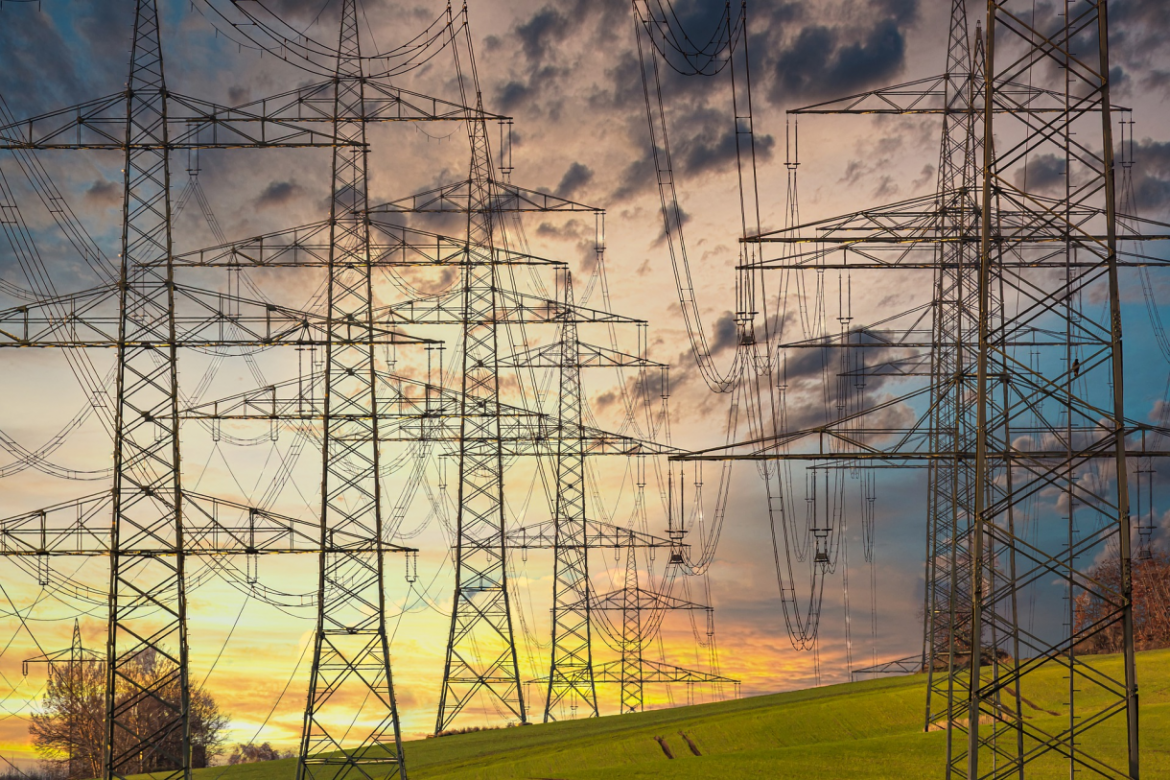Latest reports have shown that both individuals and businesses are being impacted by the increase in petrol prices, which was primarily caused by an earlier reliance on less expensive Russian petrol imports.
However, long-term solutions that can address energy security and affordability for coming generations as a result of the rising cost of energy is been drawn.
Some politicians and businessmen in Europe contend that the development of a long-term strategy that places electrification and renewables at the centre of the continent’s energy mix will help to address the short-term problems associated with price increases.
One of those who hold the view that stabilising energy prices must be seen within the context of more general ambitions to decarbonize the European economy, while passing-on benefits of a renewables-based transition to consumers, is Ignacio Galán, Executive Chairman at Europe’s largest electricity company, Iberdrola.
Issues around energy prices cannot be separated from the transition to a lower-carbon future,” Ignacio Galán argues. “What current energy prices demonstrate is an urgent need for member states and the Commission itself to accelerate the energy transition and shift Europe’s dependence from fossil fuel to a more sustainable and renewable energy-based power system,”.
Transitioning from fossil fuels like gas to clean electrification is a long-term challenge. However, the impact of the Russian invasion of Ukraine on the import of fossil fuels has highlighted the very real risks that come from an overreliance on imports to power European homes and businesses.
Morten Helveg Petersen MEP, Vice Chair of the European Parliament’s Committee on Industry, Research and Energy said that improving energy security requires action that takes a holistic approach to transition from dependency on imported gas.
“The quickest and most efficient way to reduce energy prices in Europe is to reduce European demand for Putin’s gas,” Petersen tells us. “At the moment we are somewhat stuck in a vicious spiral in which state subsidies across the continent support continued energy consumption.”
This story was adapted from The Parliament.
